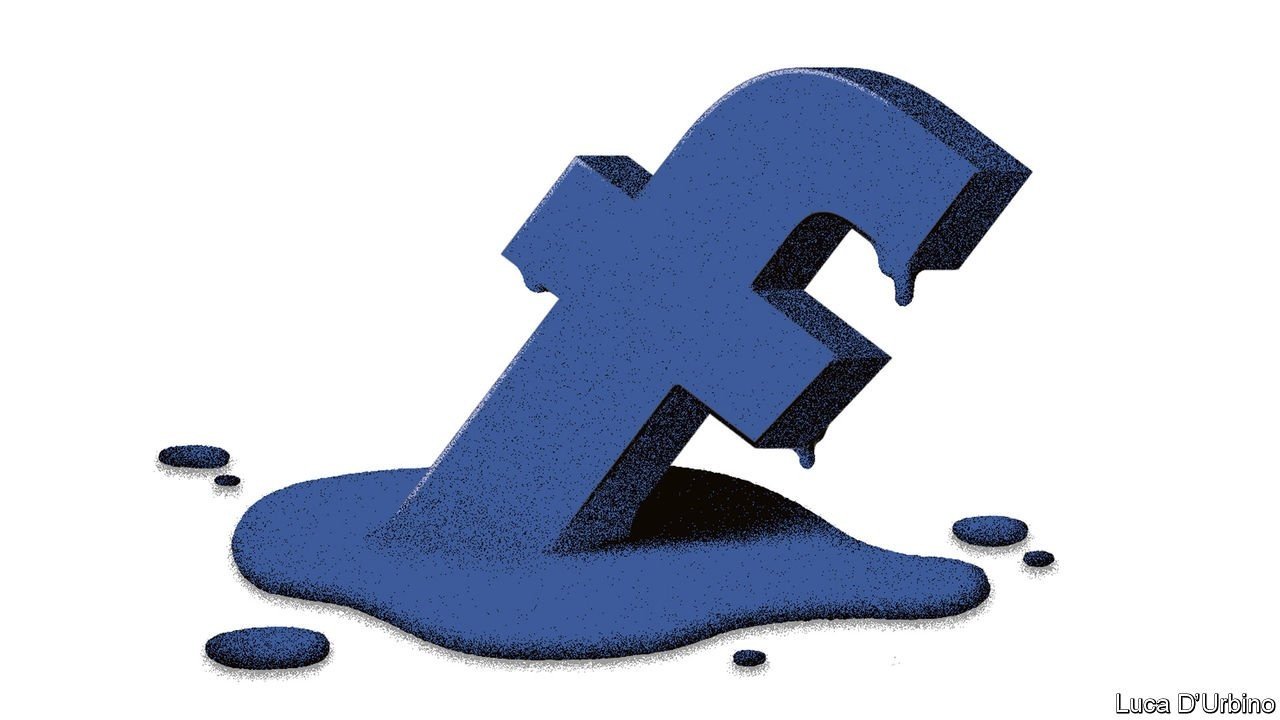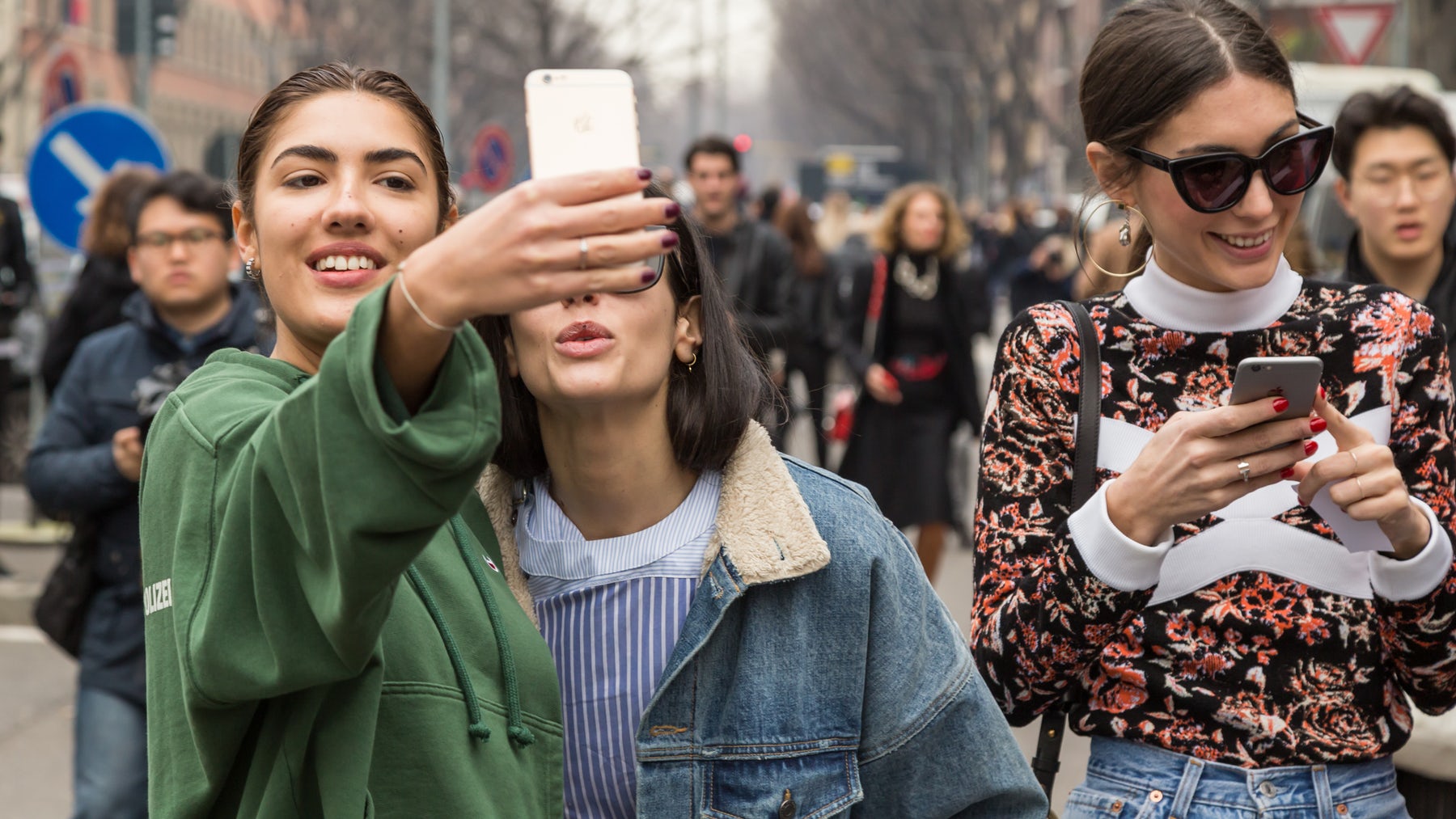Despite damning research about teen safety and congressional scrutiny, advertisers stand by the social giant. In my continuing series on Facebook I have been contacting my media, advertising and fashion industry contacts.

9 October 2021 (Crete, Greece) – Despite the “bombshell” testimony of the Facebook “whistleblower” Frances Haugen, which scorched the social network before Congress this past Tuesday, advertisers appear to be sticking with the social media giant. Major agencies and brands continue to take the path of least resistance with Facebook, giving the company the benefit of the doubt, even as members of Congress questioned the company’s credibility.
It’s been a punishing few weeks for Facebook: there was a series of Wall Street Journal reports based on files Haugen obtained before leaving the company earlier this year. The Facebook files and Haugen’s testimony touched on several issues that advertisers have been working on, hand-in-hand with Facebook, for years, problems like political polarization amplified by algorithms, hate speech, and the effects of social media on teen health.
Advertisers have been trying to understand what the Facebook disclosures mean for the industry. But even the research about kids on Instagram has not quite deterred advertisers. “What it’s going to take is a lot more platform scrutiny in order to have your general brands react,” said Chelsea Gross, a senior principal analyst at Gartner, in a BBC interview this week.
In the meantime, representatives of major ad agencies, including IPG Mediabrands, Omnicom Media Group, and WPP, said they have been informing their brands about the issues with Facebook. They continue to work with Facebook on priorities, like setting brand safety standards.
Advertisers also remember the brand boycott from July 2020, which raised many of the same issues being highlighted by Haugen. More than 1,000 brands joined the boycott, organized by the Anti-Defamation League and NAACP, to protest hate speech and disinformation. The action led Facebook to make commitments that it is still working on, like standing up brand safety tools in News Feed and auditing its community moderation reports. The boycott did not dent Facebook’s $85 billion in revenue in 2020. I spoke to one media buyer who said:
“I don’t even think a boycott does anything. They are so big and so much of their money comes from small and local advertisers. I think it is better for national brands to work with Facebook to help them solve these issues.”
And several ad executives I spoke with this week said that most brands are not looking for new fights with the world’s largest social network. Advertisers needed to look no further than the outage on Monday to prove the importance of Facebook. On Monday, Facebook, Instagram and WhatsApp were down for six hours, throwing chaos into the ad plans of more than 10 million advertisers.
On Tuesday night, Facebook CEO Mark Zuckerberg wrote a lengthy post on his Facebook page responding to the claims made by members of Congress, critics and Haugen:
“At the heart of these accusations is this idea that we prioritize profit over safety and well-being. That’s just not true. The argument that we deliberately push content that makes people angry for profit is deeply illogical. We make money from ads, and advertisers consistently tell us they don’t want their ads next to harmful or angry content. And I don’t know any tech company that sets out to build products that make people angry or depressed. The moral, business and product incentives all point in the opposite direction.”
Well, no. They definitely do not. In 2018 you made a change to the algorithm that decides which pieces of content are shown to users and it ended up giving Facebook users information that was more likely to trigger an angry response. Remember, Mark? Even your senior product manager said Facebook was optimising for content that gets engagement, a reaction – something Haugen emphasised in her 60 Minutes interview and her Congressional testimony. She even produced Facebook’s own research showing that content that is hateful, that is divisive, that is polarising is easier to inspire people to anger than it is to other emotions.
Facebook ultimately disclosed the studies publicly, with its own annotations explaining the context. The findings were relevant to advertisers, showing that ads for products related to dieting and body image made some teens feel worse about themselves. Facebook researchers also found that teens were less trusting of “influencers,” and wanted more authentic peers or authority figures to help them with sensitive personal issues.
All of this research will have ramifications for brands because it showed advertisers are too-polished on Instagram, instead of being relatable. And the reasons for that are pretty explicit. They’ve benefitted from this world.
One advertising contact I spoke with said that brands are really not monitoring what goes on behind the scenes in social media. Everyone is advertising with the expectation the platform is going to handle when the advertising goes too far. In the meantime, ad organizations like the Global Alliance for Responsible Media, World Federation of Advertisers, 4A’s, Association of National Advertisers, Interactive Advertising Bureau and others continue to work with Facebook and social media companies to establish safety standards. In recent weeks, ad agencies like IPG Mediabrands and Omnicom Media Group sent notes to clients putting the Facebook revelations in perspective. IPG Mediabrands didn’t tell clients to stop spending money on social media, in general, but it encouraged marketers to put more money into credible news publishers.
Last week at one of the Cannes Lions Zoom chats (before all this news broke) the discussion was that agencies and ad groups were trying to establish brand suitability guidelines that all the social platforms can adopt – Facebook, Instagram, TikTok, Twitch, YouTube, Twitter, Pinterest and Reddit.
Senator Maria Cantwell of Washington questioned Haugen about whether advertisers can trust Facebook about the quality of content. In its latest quarterly Community Standards Enforcement Report, Facebook claimed to remove 97% of hate speech before it is seen. A Facebook spokesperson disputed Haugen’s testimony on Tuesday saying it was “misleading and defines our approach to combating hate speech too narrowly.”

Years ago, when we were living in New York City, my wife worked for Versace. I became fascinated by the fashion industry. I attended numerous “handbags at dawn” events in New York City, and then London (the events were actually titled Intellectual Property and Fashion Economics, but informally called “handbags at dawn”) and were a 2-day conference with experts in fashion economics, fashion marketing and consumption, and copyright law. Later they would add an e-discovery component. I still have fashion industry members on this blog’s listserv.
As one of the 2.76bn people on average who use at least one Facebook product every day (according to the company’s June statistics), the only thing I really lost on Monday was access to WhatsApp. I do not have Facebook or Instagram accounts. But for the fashion industry it was “Crisis City”.
Fashion week in Paris started last Monday (there are actually now 3 fashion weeks in Paris) and fashion week, like so much in the life of that industry, is powered by the Instagrammable moment, so one had to pity the shows that lost their chance for viral opportunity. Yes, folks migrated to other platforms but Instagram “is it” for the fashion media/marketing/promotion crowd.
“Leave Facebook? Leave Instagram? What – are you mad?!” It was easy to dismiss the inconvenience of the Facebook outage on Monday. But for the fashion industry is had a far more significant and damaging effect. Not just the influencer who makes a considerable income from a drip feed of curated fashion portraits, but the industry that relies on those curated fashion portraits. Likewise, the small business that has built its retail model on the social media app. In India and South America the WhatsApp outage found communication systems and commerce channels buckling under the strain. While most would like Zuckerberg’s all-encompassing power reined in some, it doesn’t change how embedded his platforms have become within so many of our lives, not just the fashion industry.
And let’s face it: Instagram and Facebook are still a mirror for the most inane and vacuous self-expression — one need only look at Instagram Reels to ask whether civilisation has actually reached the end-point. But it’s also a connector, a forum to communicate more directly, a place to agitate for social justice and, crucially – a great place to make some dough.